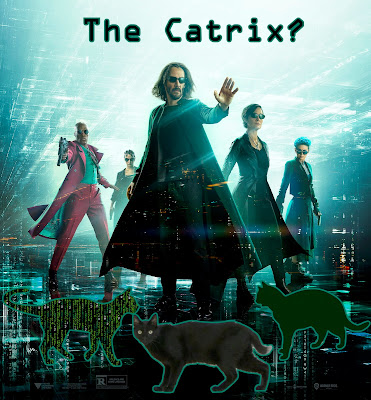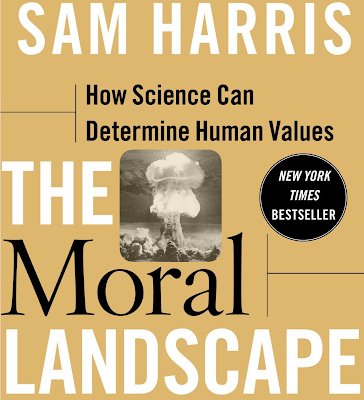Galatians 2.15-16, 3.26-29, 4.4-6 [15] We ourselves are Jews by birth and not Gentile sinners; [16] yet we know that a person is justified not by the works of the law but through faith in Jesus Christ. And we have come to believe in Christ Jesus, so that we might be justified by faith in Christ, and not by doing the works of the law, because no one will be justified by the works of the law... [26] For in Christ Jesus you are all children of God through faith. [27] As many of you as were baptized into Christ have clothed yourselves with Christ. [28] There is no longer Jew or Greek, there is no longer slave or free, there is no longer male and female; for all of you are one in Christ Jesus. [29] And if you belong to Christ, then you are Abraham’s offspring, heirs according to the promise... [4] But when the fullness of time had come, God sent his Son, born of a woman, born under the law, [5] in order to redeem those who were under the law, so that we might receive adoption as children. [6] And because you are children, God has sent the Spirit of his Son into our hearts, crying, “Abba! Father!”
🗝️ Key Concept: Righteousness
What does it mean to be a “good person”? For most of us, the question revolves around our actions. Do we tell the truth? Do we help others? Do we follow the rules? These are important questions, but they only scratch the surface of a much deeper, more transformative idea: Righteousness. This may feel like an irrelevant "churchy" word, but it is actually a key to unlocking the kind of thriving, abundant life we were all created for.
Righteousness is not simply a list of moral behaviors; it is the state of being in a right relationship with God, with other people, and with ourselves. This restored relationship, which is a gift from God, becomes the foundation for justice, which is the work of doing what is right for others. In short, we are Made Right (Righteousness) so that we may Do Right (Justice).
This concept is rooted in the Hebrew word for righteousness tzedakah. It includes ideas of fairness and charity, but its core meaning is relational. It describes fulfilling the obligations of a covenant, a sacred partnership. A righteous person was someone who was faithful to their commitments to God and their community. Similarly, the key Greek word in the New Testament is dikaiosune. In the ancient world, this word meant behaving in a way that was respectable, upright, and just. Early Christians used this word to mean being restored to a right relationship with God through Jesus.
This is where the idea of justification comes in. To be "justified" is to be made righteous. It’s a legal term that means to be declared “not guilty,” but its theological meaning is far richer. It’s about more than just a clean slate; it’s about being welcomed back into the family. A helpful way to remember it is that to be justified is to be treated by God "just as if" I had never sinned.
The crucial point is this: We are not made right so we can stay the same. The moment of justification— when we are put in a right relationship with God— is the starting point for a lifelong process of sanctification, of growing in justice and becoming more like Christ. God makes us right with him so that, empowered by his Spirit, we can begin the work of making things right in the world.

















